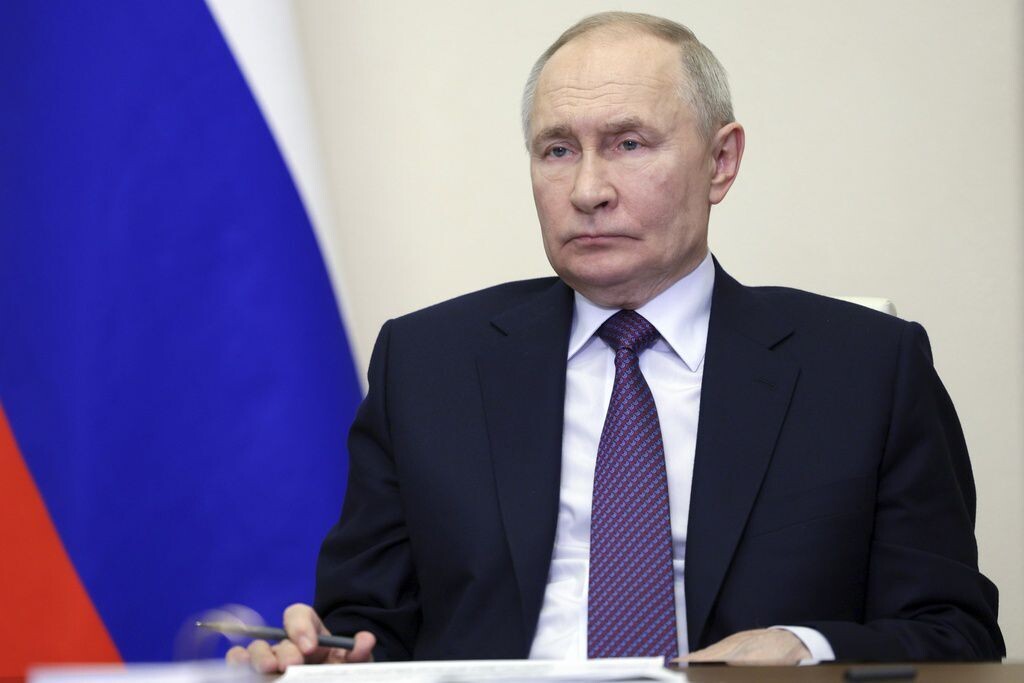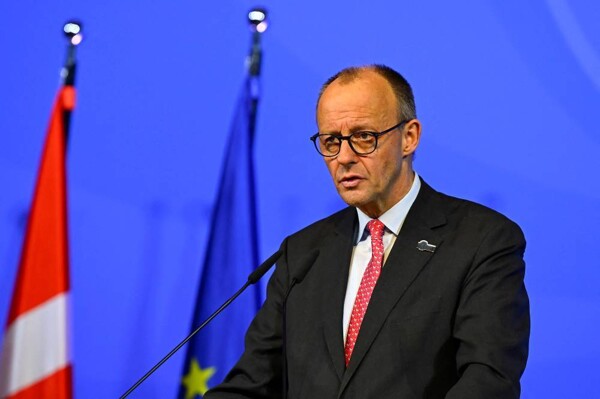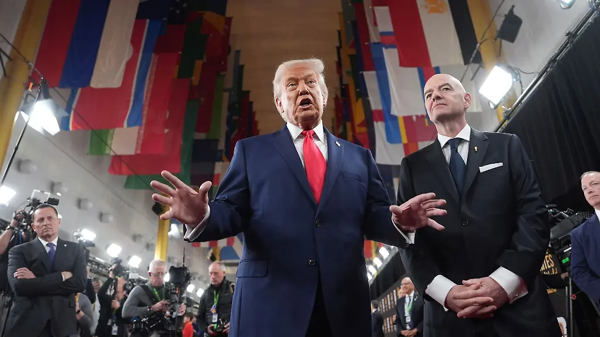
An analysis conducted by the think tanks Bruegel and Kiel Institute revealed that European countries, including the EU and the UK, would have to assume their defense alone in the event of external aggression. It is estimated that around 300,000 troops would be needed, considering the absence of 100,000 US soldiers currently deployed in Europe. Experts suggest that Europe should focus on strengthening its mechanized and armored forces to replace the heavy US units, which would imply the creation of 50 new European brigades.
In addition to recruiting and training the necessary 300,000 troops, they would need to be equipped with 1,400 tanks and 2,000 infantry fighting vehicles, figures that are far higher than the combined capabilities of Germany, France, Italy, and the UK. It would also be necessary to produce around 2,000 long-range munitions per year to counter Russia's capabilities. Despite Europe having around 1.47 million military personnel in 2024, the lack of coordination among European countries presents a significant challenge.
To finance this increase in defense spending, experts propose raising 125 billion euros annually over the next five years at the EU level, while member states gradually increase their directly funded share rather than through debt. The analysis highlights the possibility of resorting to debt to fund the increase in the defense budget, recalling historical lessons that show many governments have opted to increase debt in similar situations.
In the absence of support from the United States, it is estimated that defense spending would need to increase by around 250 billion euros annually in the short term, rising from the current 2% of GDP to 3.5%. Despite the considerable magnitude of this increase, the authors of the analysis emphasize that it is manageable for the EU economy. They highlight the importance of coordination and joint procurement of armaments among European countries to ensure effective and efficient defense.














